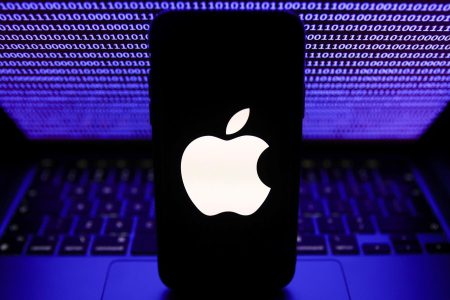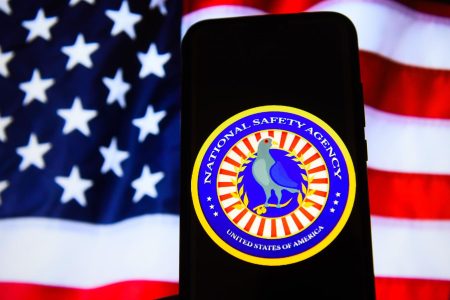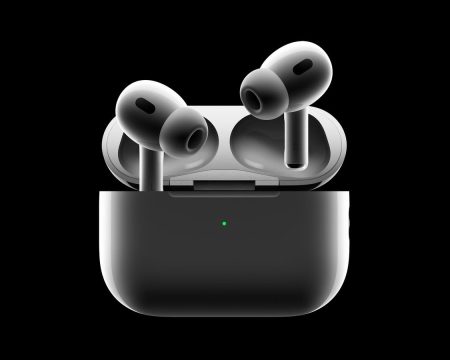Feeling good has become a market, one that is estimated to be worth more than $1.5 trillion. With individuals placing more attention to their mental and physical health than ever before, the self-care industry is expanding by the minute. And while new wellness businesses launch as fitness, meditation, or supplements brands, to name a few, Derek Flanzraich decided he would approach health and wellness from a different angle.
In March, the founder of Greatist, a successful health media startup that he later sold to Healthline in 2019, officially launched Ness, the first health-focused credit card company. Inspiration came to him during covid, when no one was traveling and individuals’ physical and mental health was being negatively impacted by lockdowns. Suddenly, credit card companies that focus their rewards on travel lost quite a bit of appeal and relevance. “Travel isn’t as popular as before and at the same time, we clearly see a growing interest for wellness. However, traditional credit cards are focused on travel benefits and very little on health,” shared Flanzraich. By creating Ness, he demonstrates that fintech can most certainly play a role in accelerating the spread and accessibility of self-care and wellbeing.
“Our vision is for everyone to afford being healthy. We want to develop an inclusive definition of health through our unique health-first credit card platform.”
The first card, issued by the Bank of Missouri and powered by Mastercard
MA
This holistic ecosystem is attractive to health and wellness enthusiasts, offering many appealing benefits, such as a $100+ annual credit with selected partners or $15 back in the form of a credit for every $75 spent at Sweetgreen, up to two times a month. The two companies share similar values: “We’re thrilled to partner with an innovative, impactful partner like Ness. Rewarding and incentivizing our communities towards better food choices and healthy living is deeply aligned with sweetgreen’s mission” shared Daniel Shlossman, Chief Marketing Officer of sweetgreen in a press release.
For those who question how accessible Ness really is given its premium offering and annual credit card fee, Derek Flanzraich has an honest opinion. “As a business, we decided to start with lower-risk customers, who are highly committed to wellness and provide high engagement. It’s the best way to build a brand: start with customers who are the most engaged.” The strategy is working, with top users spending on average $4,183 monthly (not just on wellness but every day expenses) and interacting with the Ness app twice a day. But there is no intention to stop here.
Now, the company is focused on expanding its customer base and working towards making health more affordable. The question Flanzraich asks himself is: “how can we get a Ness Card in everyone’s wallet?” With the release of a no annual fee credit card in the coming months, the barriers to card adoption will decrease: its affordability should convince individuals prioritizing their well-being to sign up for it no matter their budget. And while customers first join Ness for the health and wellness incentives, they end up using it as a primary card, receiving 2x points on every transaction and enjoying the app for discovery of new products, experiences and services.
Partnerships with health insurance providers are also on the way, with the ambition to integrate health plans via a potential co-branded credit-card platform and help individuals finance healthcare expenses, which would significantly simplify their experience with healthcare. It would also help reduce the overall cost of healthcare and incentivize proactive and preventive health, which is ultimately Flanzraich’s objective: “We want to celebrate people being healthy and make it more affordable to do so.”
Read the full article here










